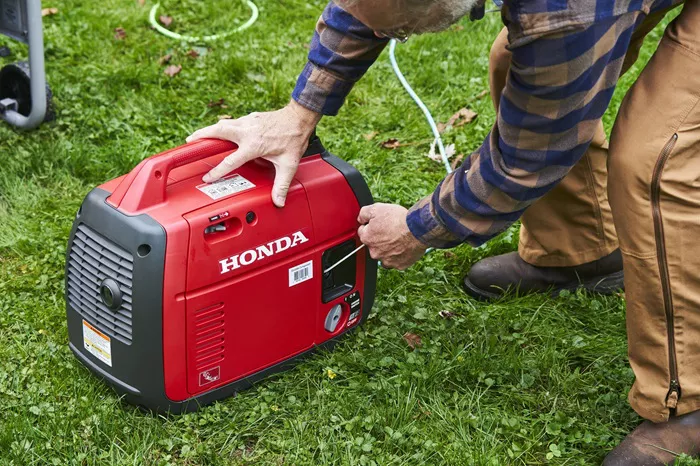When the power goes out, a total home generator ensures your life continues without interruption. Whether it’s a storm, grid failure, or an unexpected blackout, having a reliable generator keeps your lights on, appliances running, and your home comfortable. But with so many options available, how do you choose the best one?
This guide covers everything you need to know about total home generators, including types, key features, installation, and top recommendations.
What Is a Total Home Generator?
A total home generator is a backup power system that automatically supplies electricity to your entire house during an outage. Unlike portable generators, which power only a few devices, whole-house generators connect directly to your electrical panel and can run for days.
How Does It Work?
Automatic Transfer Switch (ATS) : When the power fails, the ATS detects the outage and signals the generator to start.
Power Generation : The generator turns on, supplying electricity to your home.
Grid Restoration : Once utility power returns, the ATS switches back, and the generator shuts off.
Types of Home Generators
Standby Generators
- Permanently installed outside your home.
- Run on natural gas, propane, or diesel.
- Automatically start during outages.
- Best for whole-house power backup.
Portable Generators
- Smaller, movable units.
- Require manual setup and fueling.
- Power select appliances via extension cords.
- Cheaper but less convenient.
Inverter Generators
- Advanced, fuel-efficient technology.
- Produce clean power for sensitive electronics.
- Quieter than traditional generators.
- Ideal for partial home backup.
Key Features to Consider
Power Output (Wattage)
- Calculate your home’s total wattage needs.
- Essential appliances (fridge, lights, furnace) require 5,000–10,000 watts.
- Whole-house coverage may need 20,000+ watts.
Fuel Type
Natural Gas : Convenient if you have a gas line; no refueling needed.
Propane : Stored in tanks; longer shelf life than gasoline.
Diesel : High efficiency but noisy and requires maintenance.
Runtime
- Standby generators can run for days if connected to a gas line.
- Portable generators last 8–12 hours per tank.
Noise Level
Standby generators: 60–70 decibels (similar to a dishwasher).
Inverter generators: 50–60 decibels (quieter operation).
Transfer Switch
Automatic (ATS) : Best for seamless power transition.
Manual : Requires you to switch power sources yourself.
Top 5 Best Total Home Generators
Generac 22kW Guardian Series
Power: 22,000 watts
Fuel: Natural gas or propane
Features: Wi-Fi monitoring, automatic operation
Best for: Large homes with high power demands
Kohler 20kW RESIDENTIAL
Power: 20,000 watts
Fuel: Natural gas/propane
Features: Quiet operation, durable engine
Best for: Reliable whole-house backup
Briggs & Stratton 12,000-Watt
Power: 12,000 watts
Fuel: Natural gas/propane
Features: Affordable, easy maintenance
Best for: Mid-sized homes
Champion 14kW Standby
Power: 14,000 watts
Fuel: Propane or natural gas
Features: 10-year warranty, economical
Best for: Budget-conscious buyers
Cummins 20kW Home Generator
Power: 20,000 watts
Fuel: Natural gas/propane
Features: Advanced diagnostics, robust build
Best for: Long-term reliability
Installation and Maintenance
Professional Installation
- Requires an electrician and possibly a gas technician.
- Must comply with local electrical codes.
Routine Maintenance
Monthly: Test-run the generator.
Annual: Oil change, filter replacement, and inspection.
Conclusion
A total home generator is a smart investment for uninterrupted power. Consider your home’s size, fuel availability, and budget when choosing the best model. Standby generators like the Generac 22kW or Kohler 20kW offer the best automatic backup, while portable options work for smaller needs.
By understanding how generators work and what features matter, you can pick the perfect system to keep your home running during any outage.
Would you like recommendations based on your specific home size? Let us know in the comments!

